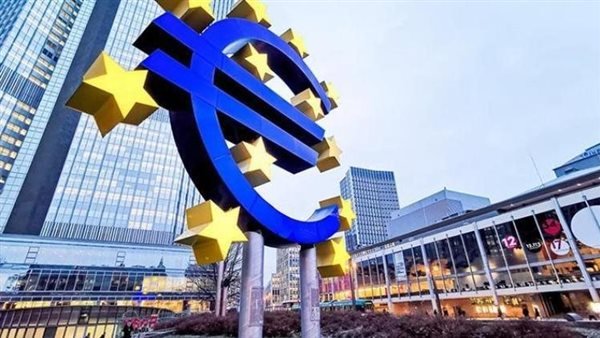
Business activity in the euro zone unexpectedly contracted in November, a sign of the damage caused by political chaos and growing disagreement over trade.
The euro fell to its weakest levels since 2022 against the dollar as traders priced in more interest rate cuts from the European Central Bank.
UK inflation accelerated more than expected in October to well above the Bank of England’s 2% target.
Consumer price inflation rose 2.3% from a year earlier after energy bills rose, and utility inflation – which price makers watch closely for signs of domestic pressures – remained high at 5%.
A key measure of wages in the euro zone jumped by the most since the single currency was introduced in 1999 – complicating the European Central Bank’s plans to cut interest rates as inflation declines.
Negotiated wages in the third quarter rose 5.4% from a year ago. This is up from 3.5% in the previous three months and was largely driven by Germany.
A sluggish stock market, a fragile currency, a crisis-ridden political system, and a stagnating economy – that was the situation in Europe even before Donald Trump won the election in the US. Now, the continent faces new trade tariffs against its largest companies and investment outflows as Trump’s plans to cut taxes and reduce regulation… It makes US stocks more attractive Add to that the growing anxiety about the upcoming early elections in Germany and escalating tensions with Russia, and even the most optimistic investors are struggling to remain optimistic.



